MI6 agents tried to stop judge seeing secret documents in ‘licence to kill’ case
Intelligence agency was forced to apologise for ‘any misunderstanding’, court documents show
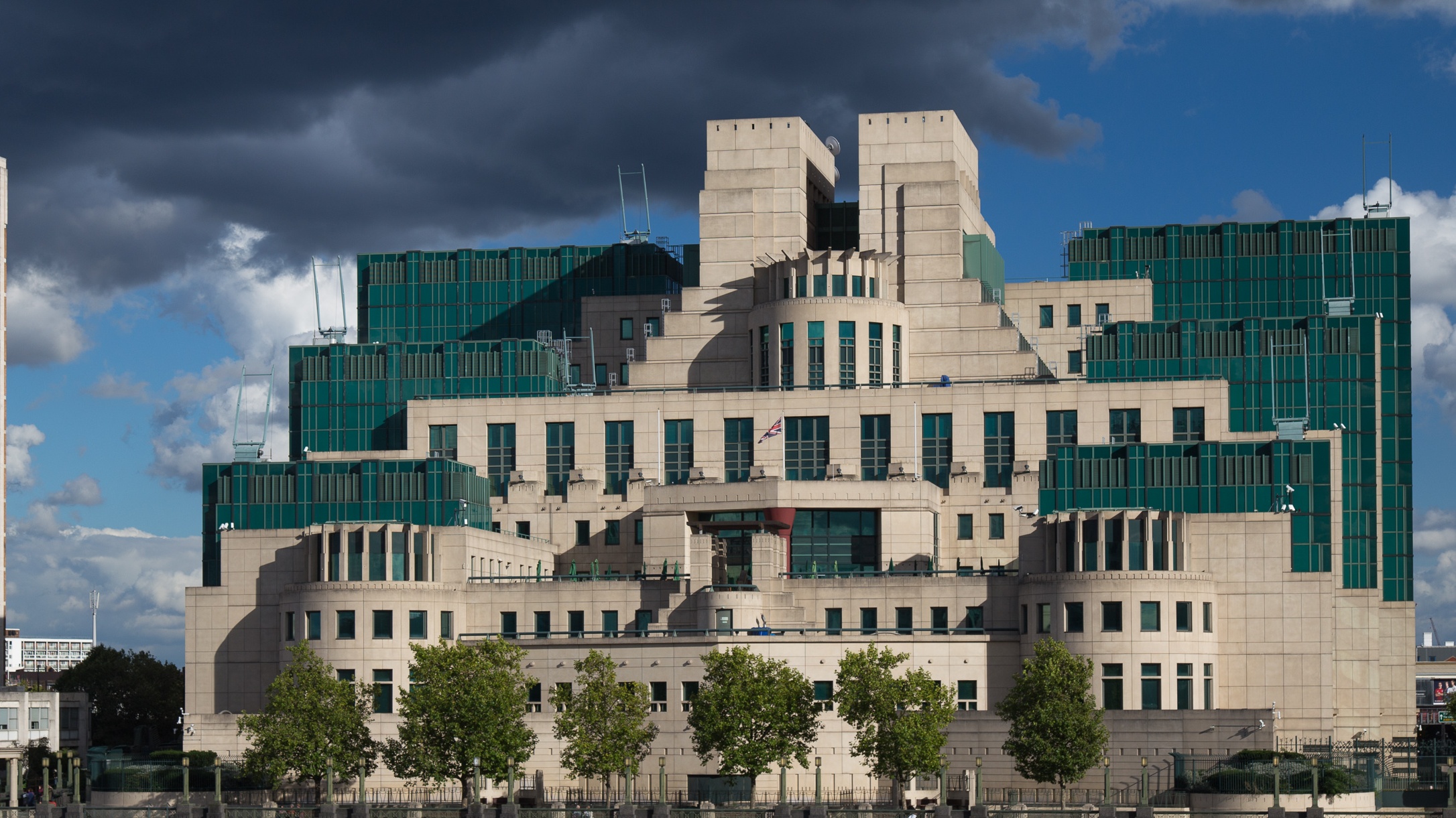
A free daily email with the biggest news stories of the day – and the best features from TheWeek.com
You are now subscribed
Your newsletter sign-up was successful
MI6 was forced to apologise after its agents tried to interfere with a court case about whether sister agency MI5 gave intelligence operatives an effective “licence to kill”, it has emerged.
High Court documents show that MI6 officials were rebuked by the Investigatory Powers Tribunal (IPT) after two agents attempted to prevent secret files from being provided to one of the country’s top judges.
Although the agency apologised “for any misunderstanding” after being criticised by the surveillance watchdog, critics have claimed that the intervention was “an attempt to put pressure on the judge and his team”, says the BBC.
The Week
Escape your echo chamber. Get the facts behind the news, plus analysis from multiple perspectives.

Sign up for The Week's Free Newsletters
From our morning news briefing to a weekly Good News Newsletter, get the best of The Week delivered directly to your inbox.
From our morning news briefing to a weekly Good News Newsletter, get the best of The Week delivered directly to your inbox.
The files in question were originally released in a case brought last year by “four human rights organisations over alleged ‘licence to kill’ crimes linked to intelligence operatives at sister agency MI5”, the Daily Mail reports.
The coalition, which includes Reprieve and Privacy International, alleged that MI5 “may have unlawfully allowed spies and informants to participate in crime under the policy which could be used to authorise offences as serious as killing on British soil”, The Telegraph adds.
The case was rejected, but the High Court heard this week that Susan Cobb, the secretary of the IPT, was contacted by the two agents during the investigation.
Cobb was told that the “tribunal should not have been provided with copies of secret documents which were potentially relevant to the case” and that “the documents should not be passed to Lord Justice Singh, other members of the tribunal or the senior lawyer who advises them”, the BBC says.
A free daily email with the biggest news stories of the day – and the best features from TheWeek.com
In response, she wrote to MI6 saying the phone conversations amounted to “inappropriate interference”, adding that the tribunal was an “independent judicial body”.
Days later, a senior MI6 manager replied offering the agency’s “apologies for any misunderstanding that may have arisen as a result of the approach made to the tribunal”, the broadcaster adds.
However, lawyers for the campaign groups returned to court on Monday to call for an investigation into whether MI6’s intentions, with Privacy International arguing that “interference with judicial proceedings has absolutely no place in any mature democracy”.
But Lord Justice Singh rejected the application to further “investigate or ask MI6 to disclose the details of the incident - including who had asked the officers to contact the secretary”, The Telegraph reports.
Joe Evans is the world news editor at TheWeek.co.uk. He joined the team in 2019 and held roles including deputy news editor and acting news editor before moving into his current position in early 2021. He is a regular panellist on The Week Unwrapped podcast, discussing politics and foreign affairs.
Before joining The Week, he worked as a freelance journalist covering the UK and Ireland for German newspapers and magazines. A series of features on Brexit and the Irish border got him nominated for the Hostwriter Prize in 2019. Prior to settling down in London, he lived and worked in Cambodia, where he ran communications for a non-governmental organisation and worked as a journalist covering Southeast Asia. He has a master’s degree in journalism from City, University of London, and before that studied English Literature at the University of Manchester.
-
 How the FCC’s ‘equal time’ rule works
How the FCC’s ‘equal time’ rule worksIn the Spotlight The law is at the heart of the Colbert-CBS conflict
-
 What is the endgame in the DHS shutdown?
What is the endgame in the DHS shutdown?Today’s Big Question Democrats want to rein in ICE’s immigration crackdown
-
 ‘Poor time management isn’t just an inconvenience’
‘Poor time management isn’t just an inconvenience’Instant Opinion Opinion, comment and editorials of the day
-
 The legal battle to keep Archie Battersbee’s life support on
The legal battle to keep Archie Battersbee’s life support onUnder the Radar Lawyers file bid for 12-year-old to be moved to hospice as mother concedes legal fight is at ‘the end’
-
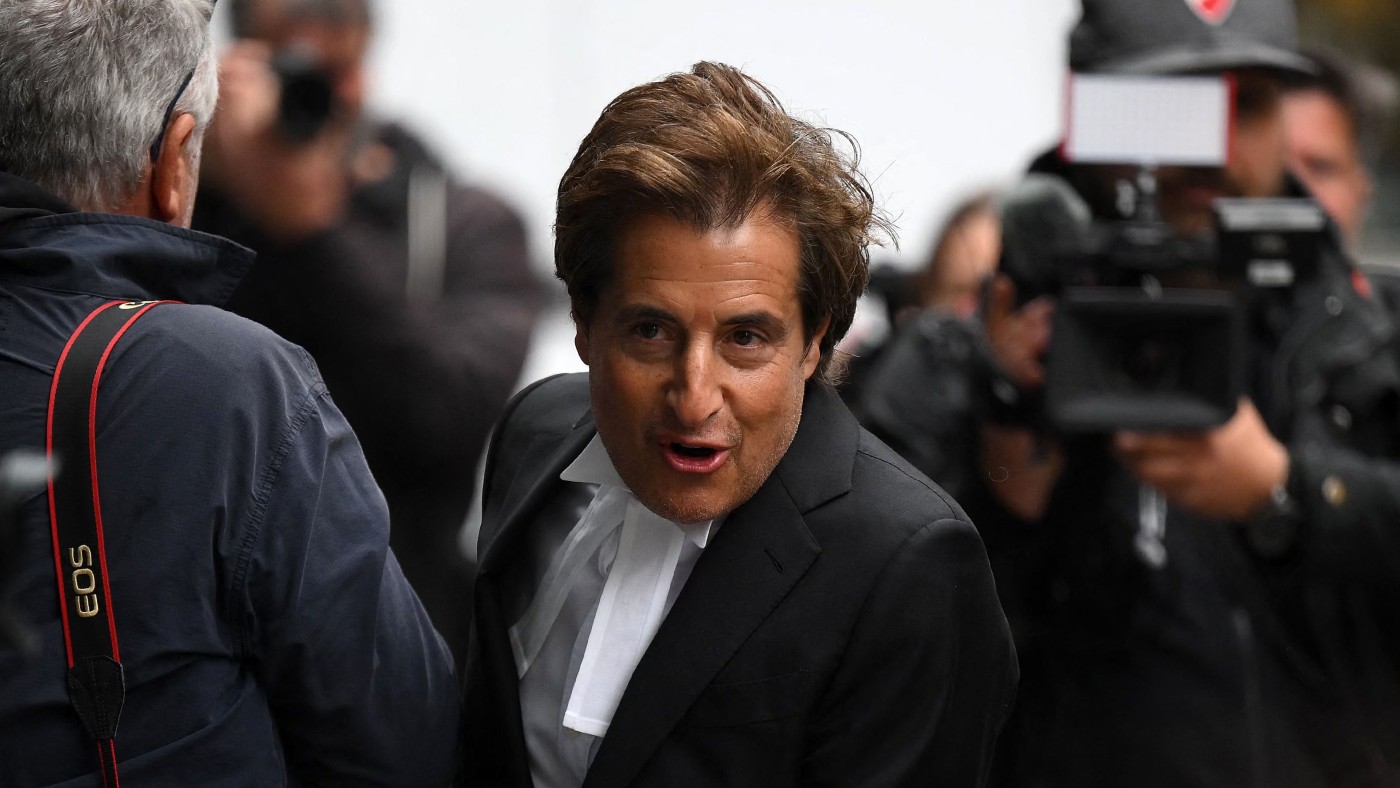 David Sherborne: the ‘barrister to the stars’ representing Prince Harry
David Sherborne: the ‘barrister to the stars’ representing Prince HarryIn the Spotlight Lawyer has successfully argued for celebrities but some colleagues find him ‘showy’
-
 Texas’s abortion law: the Republicans get their way, at last
Texas’s abortion law: the Republicans get their way, at lastSpeed Read SB8 authorises private citizens to sue anyone who performs, ‘aids or abets’ an abortion after six weeks of pregnancy
-
 Changing legal gender: what’s new and how does it work?
Changing legal gender: what’s new and how does it work?Speed Read Cost of a gender recognition certificate application is reduced from £140 to £5
-
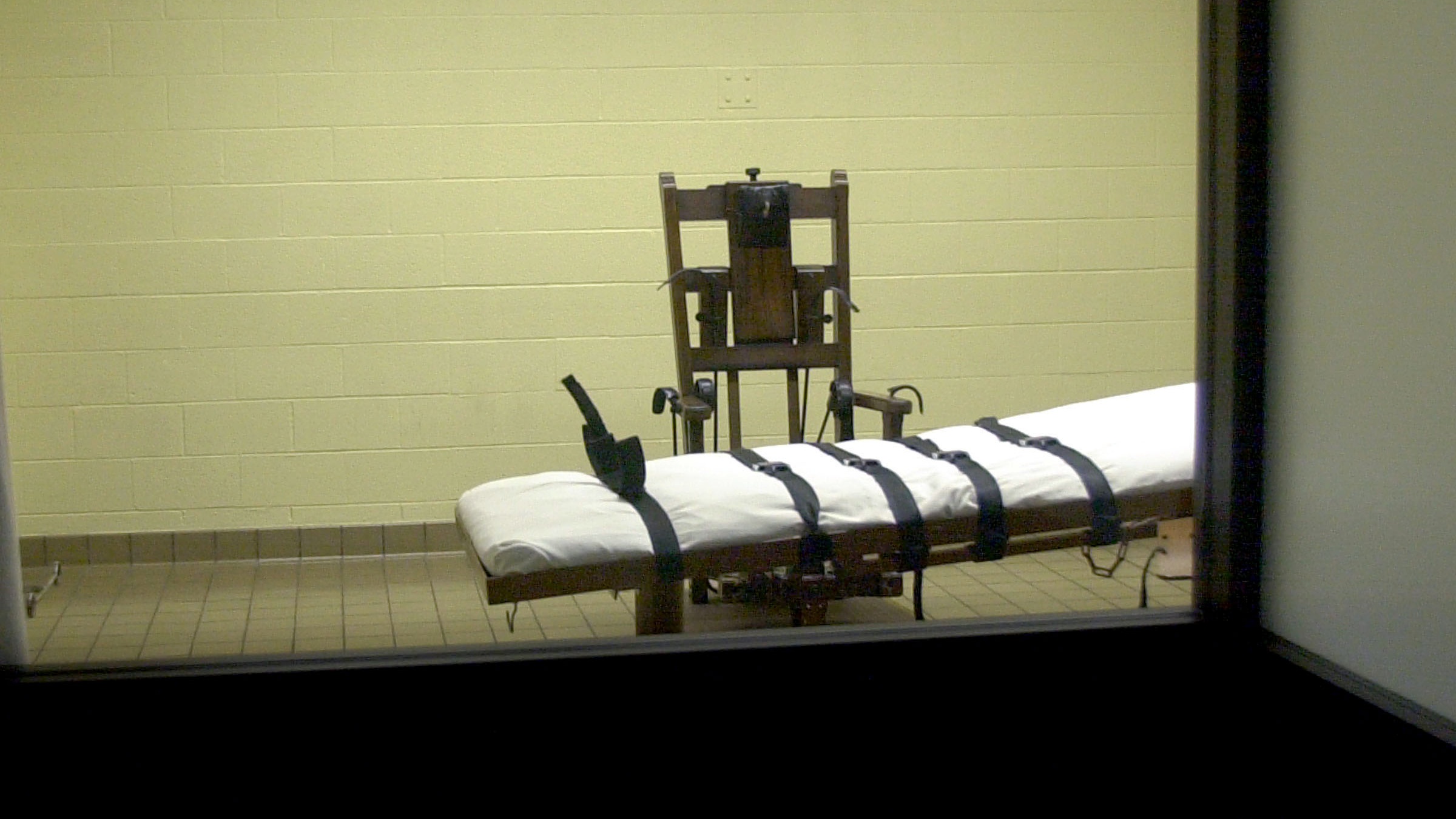 America’s bloodiest state votes to ban the death penalty
America’s bloodiest state votes to ban the death penaltySpeed Read Virginia has executed more than 1,300 people in its 400-year history
-
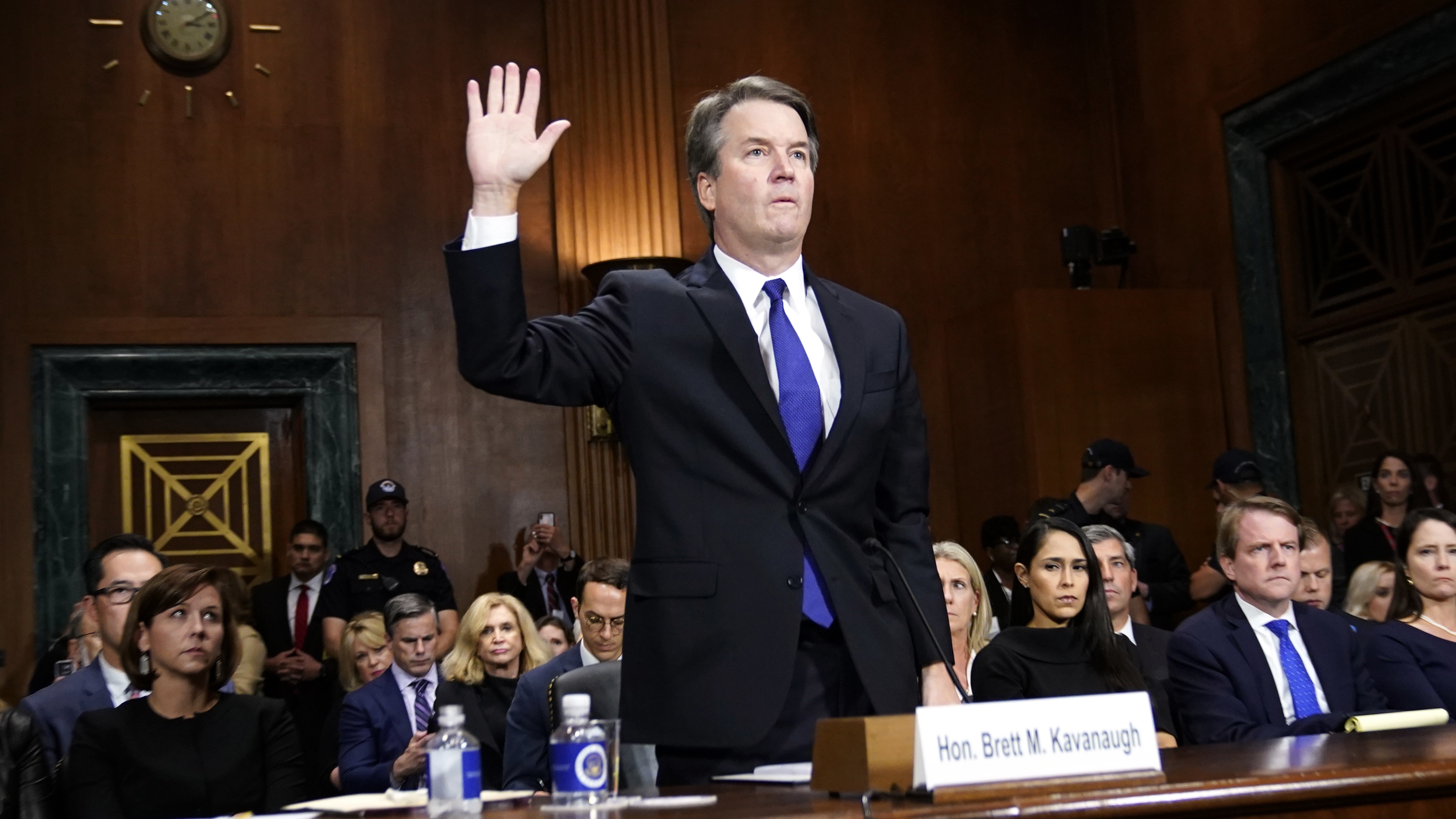 FBI accused of ‘fake’ background check on Donald Trump Supreme Court nominee
FBI accused of ‘fake’ background check on Donald Trump Supreme Court nomineeSpeed Read Democratic senator calls for ‘proper oversight’ over Brett Kavanaugh investigation into sexual assault claims
-
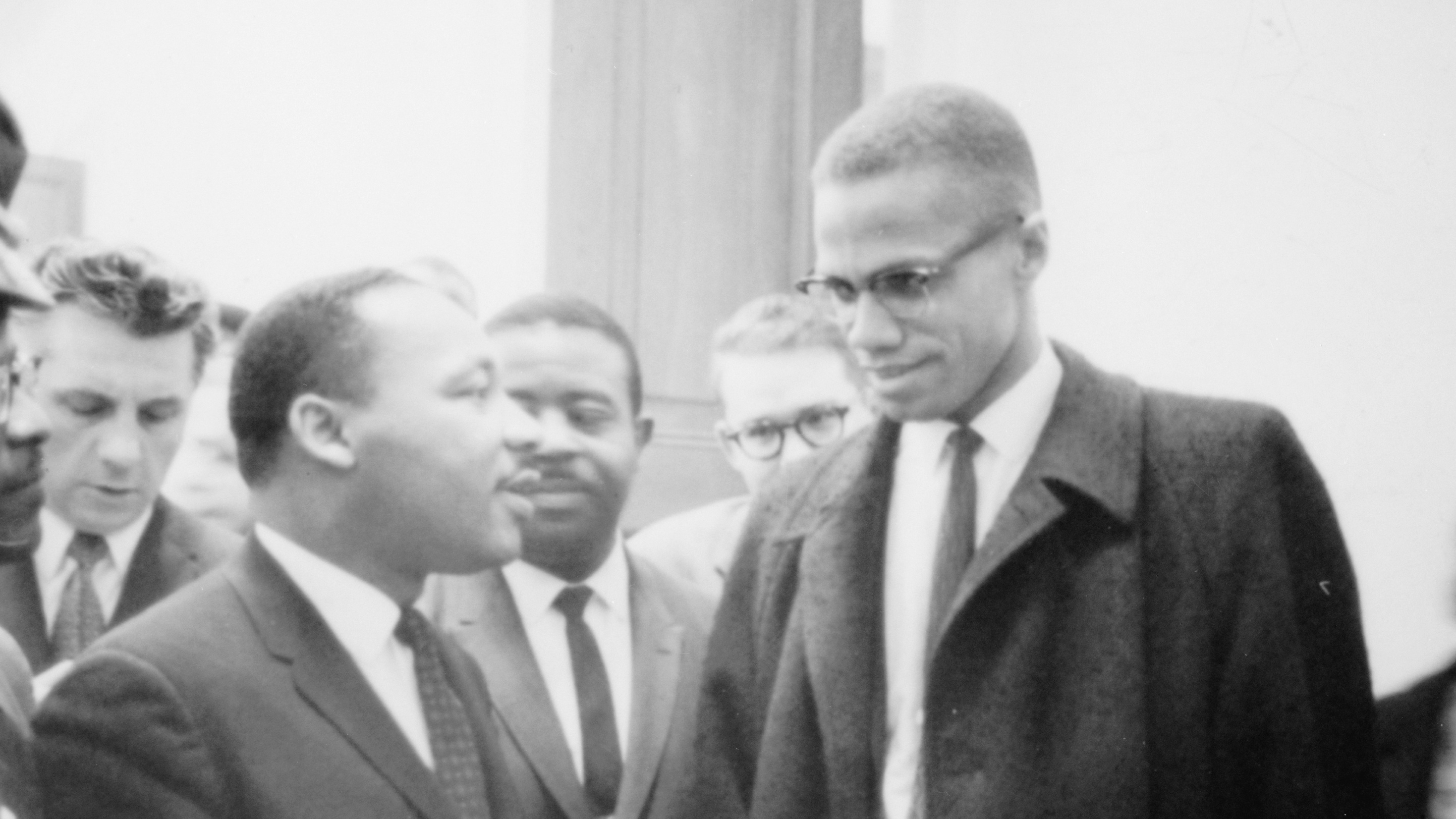 Family of Malcolm X claims letter proves FBI and NYPD involved in his murder
Family of Malcolm X claims letter proves FBI and NYPD involved in his murderSpeed Read Daughters of assassinated civil rights leader demand reopening of investigation
-
 Meghan Markle granted nine-month delay in Mail on Sunday privacy case
Meghan Markle granted nine-month delay in Mail on Sunday privacy caseSpeed Read Duchess of Sussex had applied for summary judgement in battle over letters sent to her estranged father